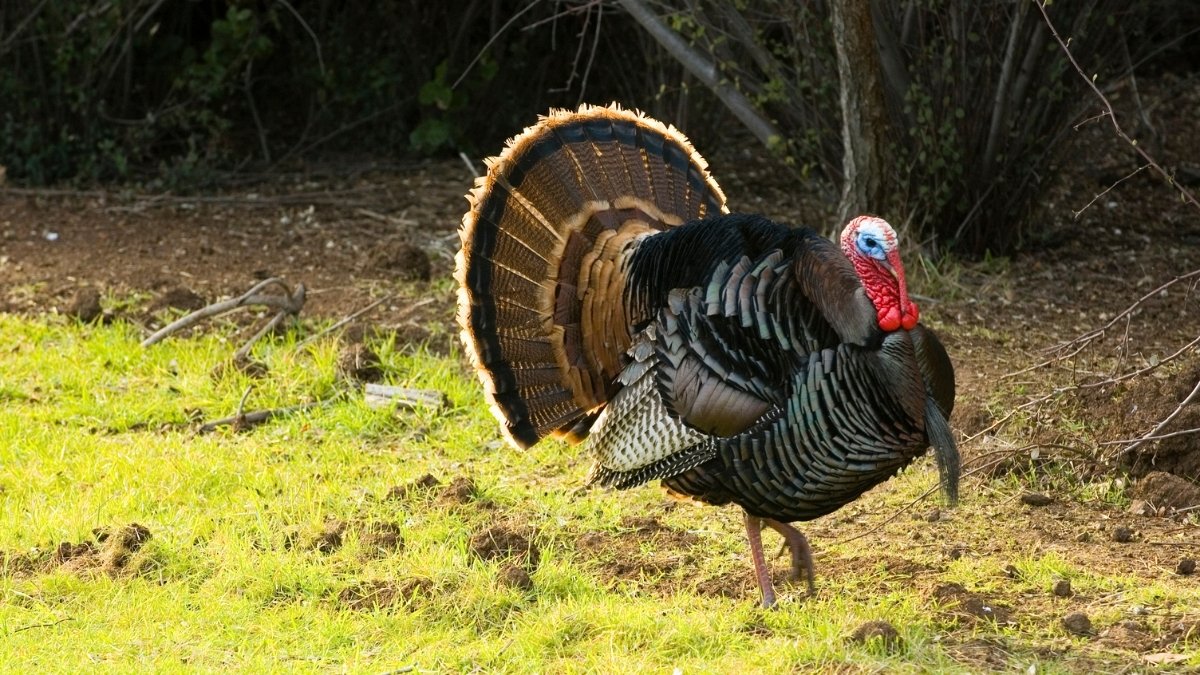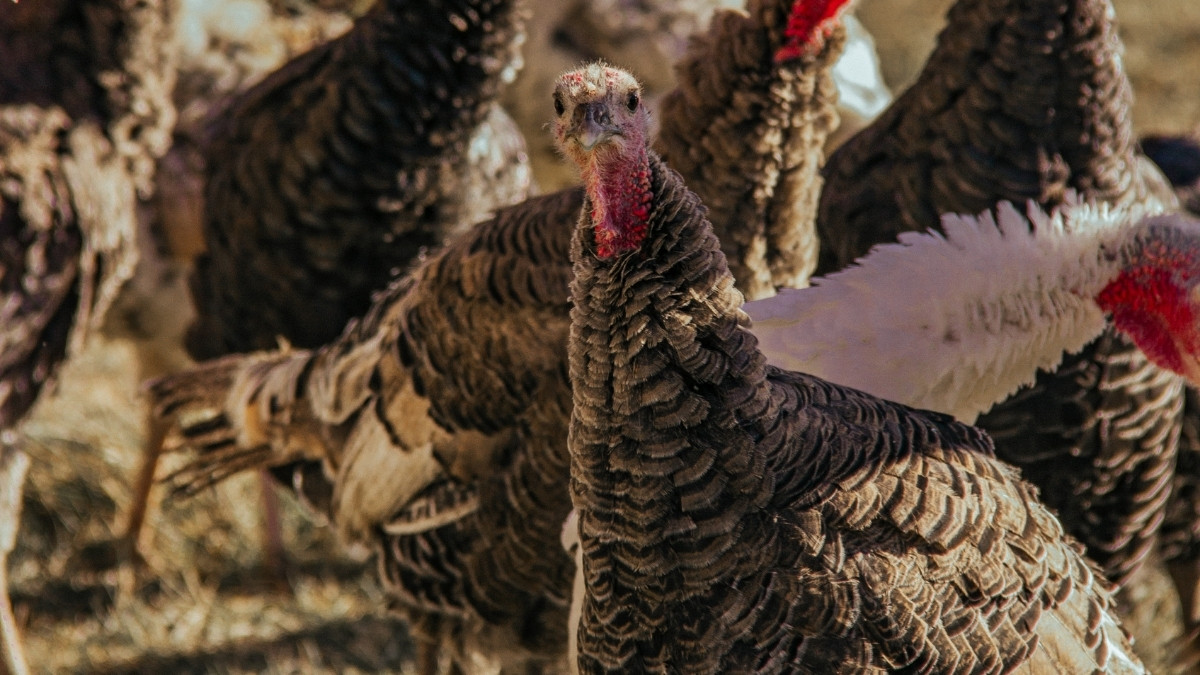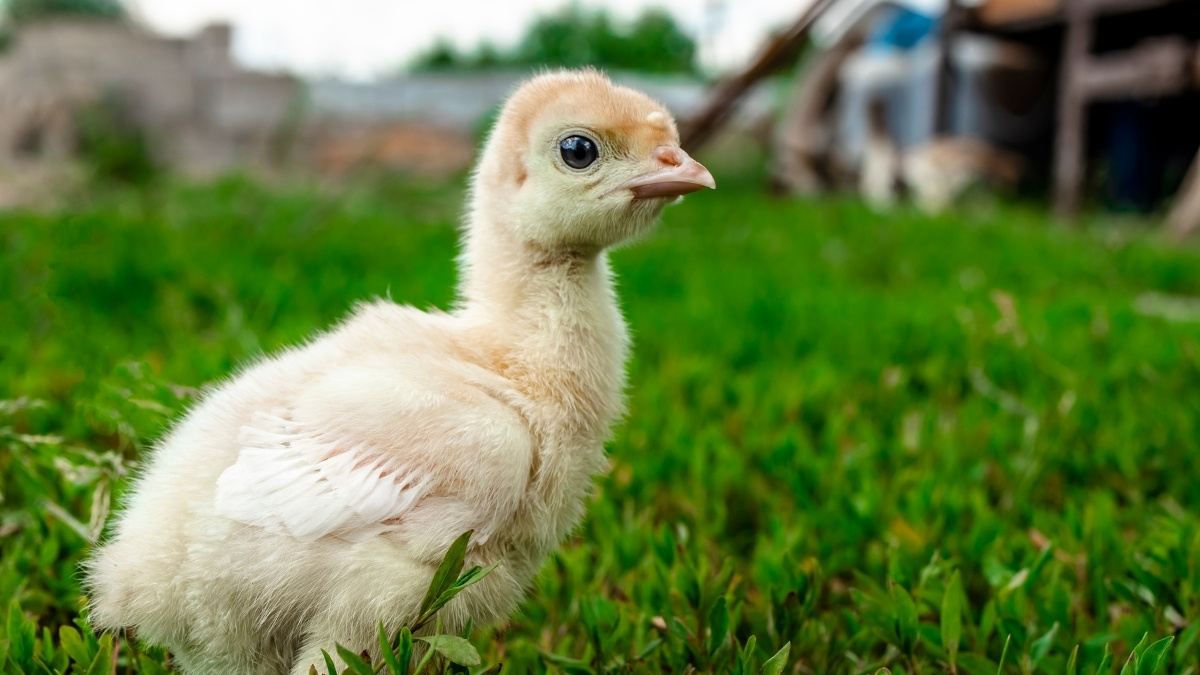Key Points
- A group of turkeys is officially called a 'rafter,' a term dating back to the 16th century.
- 'Gaggle' describes noisy turkeys, while a moving group of wild turkeys is sometimes called a 'run'.
- Male turkey groups are called a 'posse' or 'gang'; female groups are called a 'brood' or 'clutch'.
Group of Turkeys: Imagine this: You are driving through a field when a large group of beautiful birds with bright feathers and loud gobbling crosses your path. You want to know right away: what do you call a group of turkeys? You might think of "flock of turkeys" right away, but the real, historical collective noun is much more interesting. It's a name that perfectly captures the cute quirks of this native North American bird.
It's not just trivia to know the right words, like "rafter" and "posse." Knowing these words can teach you a lot about how wild and domestic turkeys behave and how their social hierarchy works. Let's look into the strange language of these beautiful birds and find out why a single "group of turkeys" has so many different names.
What is a Group of Turkeys Called?
The definitive, official collective noun for a group of turkeys is a rafter. This unique name dates back to at least the 16th century.
Why It is Called a Rafter of Turkeys
The most common idea about where the term came from is functional:
-
Roosting Habit: Turkeys, especially the bigger domesticated ones, like to sleep high off the ground at night to stay safe from predators.
-
Barn Structures: They often slept and hung out on the wooden rafters in barns and sheds when they lived near other people.
-
Historical Usage: This connection probably made the word "rafter" a common word a long time ago, but it is still less well-known than the word "flock" today.
Wild vs. Domesticated Turkeys: Is it a Flock, Gaggle, or Run?
While "rafter" is the formal name, terminology often shifts based on the setting and the birds' behavior. This is why there are many right answers to the question "What is a flock of turkeys called?":
| Setting/Description | Collective Noun for Turkey | Context |
| General Term | Flock | The most common, universally accepted term for both wild and domestic birds. |
| Domesticated/Noisy | Gaggle | Used interchangeably with "rafter," often referencing the loud, characteristic gobbling and vocalizations of the birds. |
| Wild Turkeys (Moving) | Run | Sometimes used to describe wild turkeys that are actively moving or running across their habitat. |
For a group of wild turkeys, using the term "flock" is perfectly acceptable and widely understood, but the use of "gaggle" highlights their noisy nature.
Quick Read - What is the Scientific Name of a Frog?
What is a Group of Male and Female Turkeys Called?
There are specific names for all-male and all-female groups in turkeys because their social structure is very segregated by sex.
Group of Male Turkeys (Toms)
A group of only male turkeys is called a posse or a gang. These groups form outside of the breeding season and can be highly aggressive as the males establish a pecking order. Younger males (jakes) or older males (toms) may form a mob. During courtship, males gather in display areas called leks.

Group of Female Turkeys (Hens)
Hens usually live in family groups, which is why their groups are sometimes called a brood or a clutch. These groups are highly stable, often consisting of two or more mothers combining their young.

This gender-specific naming, particularly calling male groups a "posse," showcases the dynamic, aggressive social behavior of the dominant toms.
Baby Turkeys and Their Broods: What are Poult Groups Called?
The term for a baby turkey is a poult. A group of baby turkeys or newly hatched chicks is typically referred to using terms based on their family unit.

-
Brood: This is the most common term for a mother hen and her young poults. The hen is very protective and helps her chicks find food and sleep.
-
Poults: A group of young birds is often just called a group of poults, even though this is not a collective noun.
Poults grow quickly and learn important things like how to find food and avoid predators by watching their mothers and other hens in the brood.
Also Read - What is the Scientific Name of a Bee?
When you see a group of turkeys again, you can impress your friends with more than just "flock." Whether you choose the surprising historical term rafter, the behavioral reference of a gaggle, or the gender-specific posse or brood, you now know that the English language has provided a wonderfully complex vocabulary to describe these incredible, intelligent birds.
Comments
All Comments (0)
Join the conversation